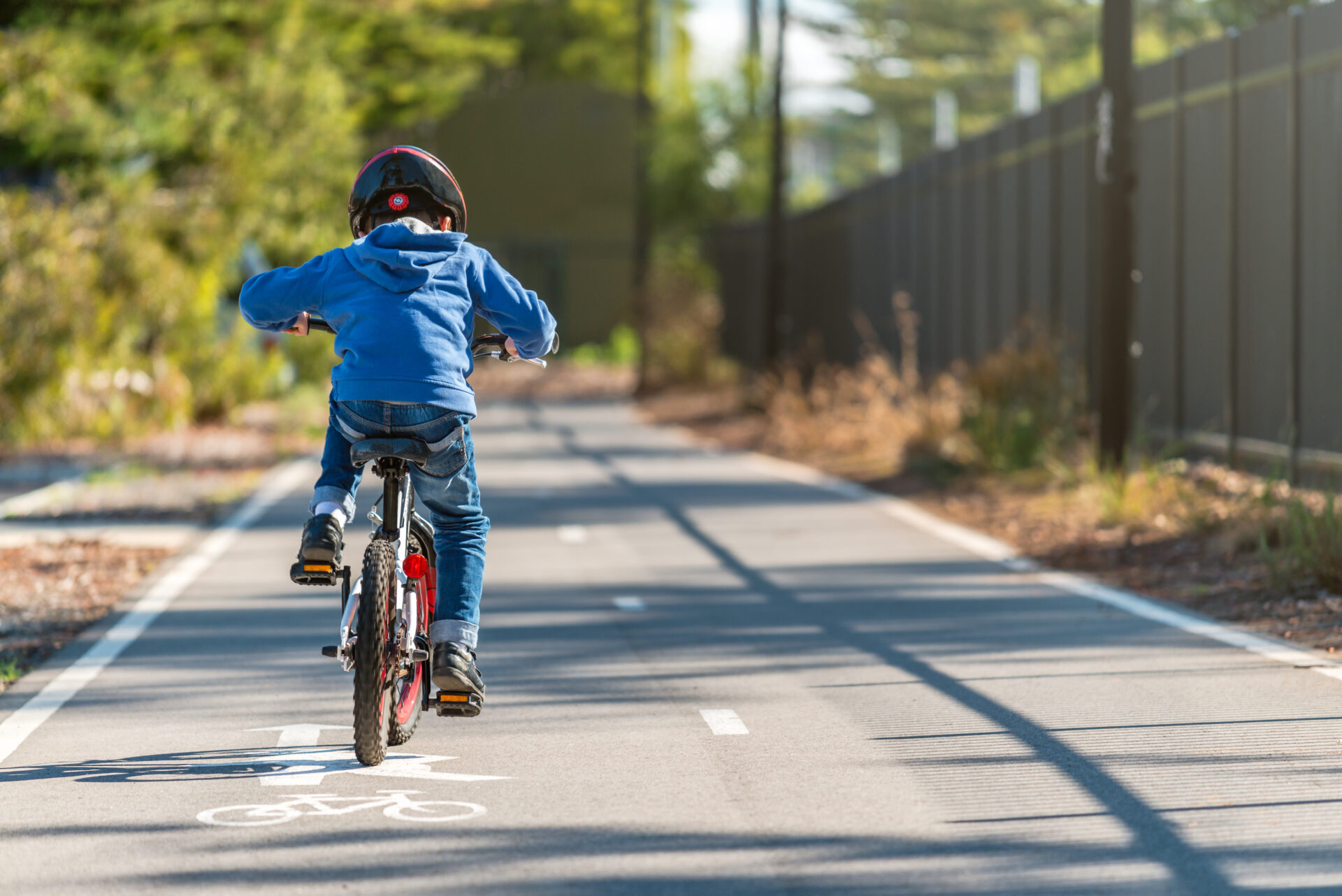At some point in our lives, we all struggle with our self esteem. In fact, 85% of the world is affected by low self esteem. Needless to say, it’s quite easy to be our own worst critic.
But, some people struggle with self esteem more than others, particularly individuals with disabilities. Studies have shown that people with intellectual disabilities report even lower levels of self confidence than the general population.
What is Self Esteem?
Your self esteem is essentially how you view yourself, your worth, and your role in society. When someone has a positive self esteem, they are accepting of themselves, acknowledging both their strengths and their weaknesses. This mindset isn’t about having overconfidence or an inflated ego; it’s a healthy balance of self-respect and self-worth.
With that being said, let us explore why disabilities have the potential of hindering a person’s self esteem and self confidence.
Disability and Self Esteem
Society has the ability to powerfully influence a person’s concept of themself. Unfortunately, people with disabilities often deal with discrimination and stereotypes from society. Being viewed as “different” can take a toll on one’s self esteem.
Why does it matter? According to MentalHelp.net, self esteem “heavily influences people’s choices and decisions” and it “serves a motivational function by making it more or less likely that people will take care of themselves and explore their full potential.” Everybody deserves a fulfilling life, but pressure from society and oneself can be detrimental in the pursuit of happiness.
So, how can we fix this problem?
5 Tips for Building Self Confidence for Individuals with Disabilities
Self esteem doesn’t improve overnight. But, if you have a loved one who has been struggling with it, there are a few tips and tricks for boosting self confidence. Offer them the following suggestions:
- Reiterate the Person-First Mentality
Remind your loved one that although their disability is something that they have to live with, it doesn’t define them. One way to get them in this mindset is to encourage them to make a list of all of their strengths, talents, and interests. This is a great way for them to highlight all of the aspects that make them unique, instead of focusing on their limitations. This person-first mentality shows how much potential they have in life, regardless of their disability. - Encourage Independence
Relying on others, such as family members or caregivers, for everyday tasks can be tough on a person’s self esteem. One way to avoid this is by encouraging independence. For example, riding public transportation or learning to ride a bike are two ways that a person with a disability can avoid relying on someone else to get to work or school. Small changes to everyday tasks can be a huge step toward independence and self confidence. - Tap In To a Talent
Not only are hobbies a fun way to relieve stress and pass the time, but they can also help build self esteem. A newfound love for something naturally increases self confidence. Encourage your loved one to explore their talents, such as joining an adaptive sports team, or participating in an art therapy class. Or perhaps, they may have a knack for helping others! Finding a job or a volunteer position in the community can really boost someone’s self worth and allow them to recognize their place in society. - Praise Individuality
As they say, comparison is the thief of joy. Remind your loved one that everyone has their own unique abilities, and that’s what makes us all special. Self esteem comes from appreciating all of yourself—including strengths, weaknesses, abilities, and disabilities. Celebrating individuality is the key to confidence! - Set Realistic Goals
Everyone has limitations. It’s not fair to yourself to set unrealistic expectations. Develop a list of (realistic) goals with your loved one. After each goal is met, your loved one will feel more accomplished and confident than ever before!
For more tips on coping with the everyday struggles of living with disabilities, read our blog on Coping Strategies for Adults with Disabilities.
Covey: Where Adults with Disabilities Reach Their Highest Potential
Covey, a non-profit organization for adults with intellectual and developmental disabilities, strives for our participants to be the best versions of themselves. That includes having confidence and a good self esteem.
During our interactive and eventful program, Covey Connects, our participants engage in a large range of activities and outings that allow them to explore their strengths, interests, and hobbies. Between cooking classes, swimming lessons, and bowling parties, there’s always a fun event on the calendar that boosts our participants’ social skills and self confidence.
For a more personalized approach to an individual’s path to growing their self esteem, our Community-Based Day Services Program is committed to customized care for each participant. Our friendly and knowledgeable staff take pride in watching our participants reach their highest potential.
For more information on everything Covey has to offer, visit our website.

